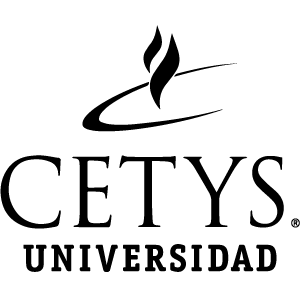https://repositorio.cetys.mx/handle/60000/74| Campo DC | Valor | Lengua/Idioma |
|---|---|---|
| dc.contributor.author | Osuna Lever, Cecilia | - |
| dc.contributor.author | Díaz López, Karla María | - |
| dc.date.accessioned | 2019-10-09T23:43:34Z | - |
| dc.date.available | 2019-10-09T23:43:34Z | - |
| dc.date.created | 2018-06-01 | - |
| dc.date.issued | 2018-09-15 | - |
| dc.identifier.issn | 1989-466X | - |
| dc.identifier.uri | https://repositorio.cetys.mx/handle/60000/74 | - |
| dc.description.abstract | Los docentes llevan sobre sí el peso de lograr una verdadera formación integral y, por si fuera poco, deben además entregar reportes administrativos, realizar gestiones escolares, desarrollar investigación o vinculación con diversos sectores, etc. Lo anterior, deja poco tiempo para hacer un alto en la enseñanza a fin de reflexionar sobre ¿cómo lograr realmente que sus estudiantes se involucren en sus aprendizajes? ¿Cómo hacer para que estos tengan sentido para el alumno? El docente debe recapacitar continuamente sobre su labor profesional con objeto de innovarla y me- jorarla (Galbán, 2016). Frente al mundo cada vez más deshumanizado, la educación se perfila como el único medio para promover y fortalecer la formación valoral, la conciencia de la dignidad de las perso- nas, así como el servicio a los demás (Patiño, 2015). Por lo tanto, en este trabajo se presentan los resultados de un estudio de caso en el que 26 profesores que imparten clases en los diversos niveles del sistema educativo mexicano, realizaron un ejercicio de autoobservación y reflexión de su práctica docente, con objeto de detectar cuáles factores están limitando el aprendizaje. El análisis de las observaciones permitió identificar que hay aspectos no necesariamente vinculados a los contenidos, que impiden que los objetivos formativos se logren. En particular, sobresalieron los relacionados con el proceso grupal (motivación, trabajo en equipo e integración) que prevalece en el aula, mismo que podría obstaculizar el fortalecimiento de laformación integral entre los educandos de cara a la nueva ciudadanía. | es_ES |
| dc.description.abstract | ABSTRACT. Teachers bear the burden of achieving a true integral education and, if that were not enough, they must also submit ad-ministrative reports, carry out school ma-nagement, develop research or establish linkages with various sectors, etc. Do all these tasks keep teachers from reflec-ting on how to really get their students involved in their learning? How can tea-chers help students make sense of their own learning? Teachers must continually rethink their professional work in order to innovate and improve (Galbán, 2016). Faced with an increasingly dehumanised world, education is emerging as the only means to promote and strengthen educa-tion in values, awareness of the dignity of people as well as service to others (Pati-ño, 2015). Therefore, this paper presents the results of a case study in which 26 teachers who teach at various levels of the Mexican educational system, did an exercise of self-observation and reflec-tion of their teaching practice, in order to detect which factors are limiting learning. The analysis of the observations made it possible to identify that there are aspects, not necessarily linked to the contents, that prevent the training objectives from being achieved. Specifically, those aspects are related to group process (motivation, team work and integration) and they might hin-der the strengthening of comprehensive training among students. | - |
| dc.description.sponsorship | Educatio Siglo XXI | es_ES |
| dc.language.iso | es | es_ES |
| dc.relation.ispartofseries | 37;1 | - |
| dc.rights | Atribución-NoComercial-CompartirIgual 2.5 México | * |
| dc.rights.uri | http://creativecommons.org/licenses/by-nc-sa/2.5/mx/ | * |
| dc.subject | Práctica docente reflexiva / Reflective teaching practice | es_ES |
| dc.subject | Formación integral / integral education | es_ES |
| dc.subject | Fines educativos / Educational purposes | es_ES |
| dc.subject | Estudio de caso / Case study | es_ES |
| dc.title | La práctica docente reflexiva en profesores mexicanos ante los retos de la nueva ciudadanía | es_ES |
| dc.title | Reflective teaching practice in mexican teachers facing the challenges of a new form of citizenship | - |
| dc.title.alternative | Educatio Siglo XXI | es_ES |
| dc.type | Article | es_ES |
| dc.description.url | https://revistas.um.es/educatio/article/view/363421 | es_ES |
| dc.format.page | 113-130 | es_ES |
| dc.identifier.indexacion | REDIB | es_ES |
| Aparece en las colecciones: | Artículos de Revistas | |
Este ítem está protegido por copyright original |
Este ítem está sujeto a una licencia Creative Commons Licencia Creative Commons


